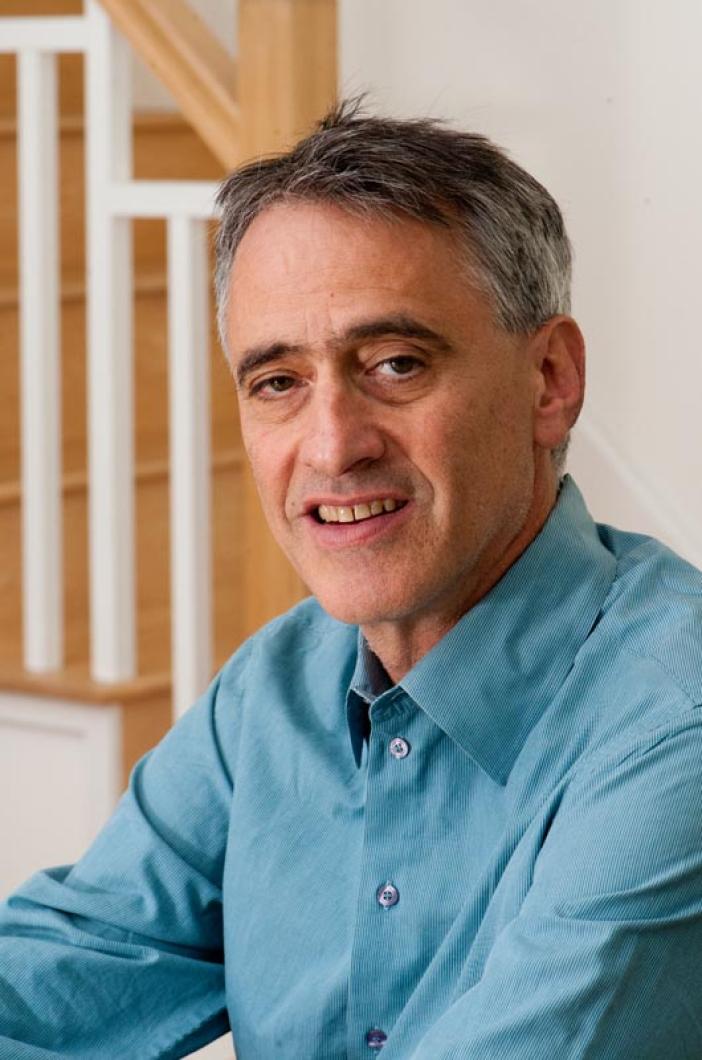The Christmas holiday season can be a challenging time for American Jews and yet according to Rabbi Joshua Eli Plaut, PhD, former rabbi of the Martha’s Vineyard Hebrew Center, this has not always been the case.
In his new book A Kosher Christmas, Rabbi Plaut details how in the late 1800s the question of Jews celebrating Christmas was easier to address. In many cases, Jewish families were able to embrace the spirit of goodwill and brotherhood espoused by Christmas without adopting its religious connotations. Traditionally, German families — including Jewish ones — kept Christmas trees as a symbol of the winter season, rather than to celebrate the religious holiday. Jewish immigrants from Germany brought this tradition with them to the United States and Rabbi Plaut suggests in his book that American Jews may have adopted the practice of celebrating Christmas as an attempt to demonstrate their acceptance of American customs.
Rabbi Plaut will host a reading of A Kosher Christmas on Sunday, August 18, at his home in West Tisbury. He will also show his color photographs documenting 30 years of Jewish life worldwide. There will be a book signing and discussion at the Martha’s Vineyard Hebrew Center on August 23.
“Should the American Jew celebrate Christmas?” Rabbi Plaut asked out loud as he sat in his backyard on the Island. “Hanukkah has become the Jewish Christmas for Americans, but it’s more about how American Jews negotiate their identity during the Christmas season.”
Over time, he said, Hanukkah became seen as the appropriately Jewish alternative to Christmas. In his book, he also describes the growth of Jewish popular culture, such as Hanukkah-themed songs and games, to contend with the already-entrenched Christmas culture.
Jews who decided not to celebrate Christmas nonetheless found ways of observing, or rather not observing, the holiday. A Kosher Christmas recounts some unique Jewish Christmas traditions, such as going to the movies and enjoying dinner at Chinese restaurants, which were among the few business establishments to stay open on Christmas Eve.
But the steady rise in popularity and acceptance of interfaith marriages has presented a new question: how do interfaith families combine the two holidays? Rabbi Plaut said that the issue has changed from one of assimilation to one of combined interfaith values. It is an issue he feels has not been appropriately addressed by the Jewish leadership.
“Talking about how Jews should react to or behave around Christmas has been taboo for a very long time,” he said. “The official Jewish response has been that Christmas doesn’t belong to the Jews.”
With rabbis refusing to answer the question, Rabbi Plaut said that the task of navigating the holiday season has been left to a growing number of interfaith families, many of whom now choose to celebrate both holidays in one way or another.
“Interfaith families have to work out their own compromises, either complimentary or combined,” he said. “Rabbis don’t know what’s going on in the homes of their families. They know there’s a blending [of the two holidays], but they don’t know how.”
With such an important question left unanswered by the Jewish leadership, he proposes his own solution. He recommends that holiday revelers foster a spirit of cooperation and acceptance while still maintaining the religious foundations of their respective holidays.
“As a rabbi, I believe there needs to be distinct cores of belief with mutual affection between the religions.”
But Rabbi Plaut asserts that before any progress can be made, the taboo of discussing Jews at Christmas needs to be broken.
“How is it that in 150 years, there hasn’t been a single book about Jews at Christmas?” he asked. “A Kosher Christmas is about proclaiming Jewish identity in a season of marginality. This book breaks the taboo.”
Rabbi Joshua Eli Plaut, PhD, will hold a reading of A Kosher Christmas and a showing of rare photographs at his home in West Tisbury on August 18 from 4 to 6:30 p.m. Call 508-696-0487 or email jplaut@earthlink.net for directions. He will also do a book signing and talk at the Martha’s Vineyard Hebrew Center on August 23 beginning at 5 p.m.






Comments
Comment policy »